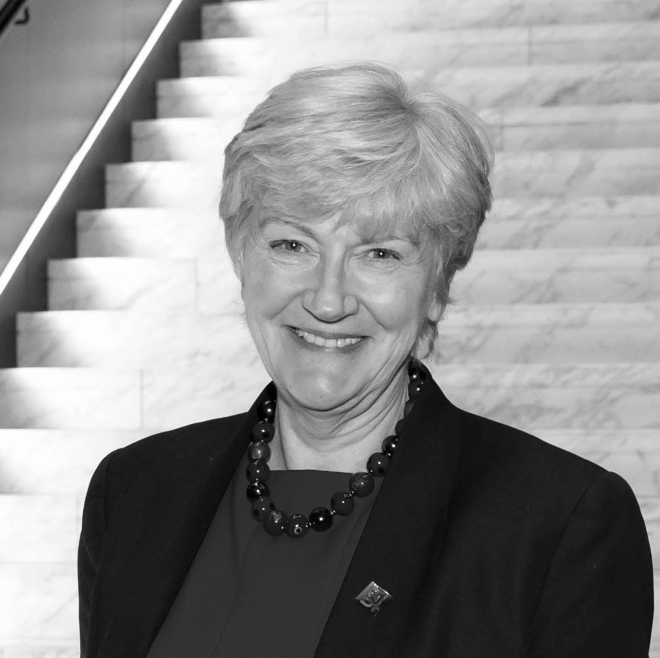
Re-imagining student learning in a time of global change and uncertainty
Referentin:
Prof. Baibre Redmond (University College Dublin)
Datum: 15.03.2019
UNESCO, together with the International Institute for Educational Planning and the Global Education Monitoring Report (2017) found that, between 2000 and 2014, the number of students in higher education globally more than doubled to from 100 to 207 million.
Shared international objectives in the higher education sector have emerged alongside participation growth – particularly widening access to higher education and using it to address social inequalities and to contribute to overall the good of society and societal growth. The university is now regarded as a key catalyst in a global learning system driven by knowledge, information and ideas. However, higher education is also fast becoming the main engine of international economic growth, with accompanying economic pressures on universities to produce cost-effective education to higher numbers.
Even with such significant macro policy shifts occurring in higher education across the world, most individual institutions face similar questions. In an increasingly competitive, self-protective global environment, how do we continue to support students to learn in truly transformative ways? How do we assist them to become critically reflective individuals, capable of imagining a better world for themselves and others in the future and understanding their own unique contribution to its realisation?
Bairbre Redmond is Provost of Universitas 21(U21), a global university network, with twenty-seven university members, spanning seventeen counties. In this paper she will explore the shared difficulties emerging across the U21 network in regard to teaching, learning and curriculum development on a rapidly-changing global educational stage. She will look at the challenges of creating effective learning engagement with students, particularly in light of the promises and the subsequent realities of online approaches to learning. She will also explore the impact of the significant growth in international student mobility on how student learn. This includes not just those who are able to travel, but also those students who remain at home and study in increasingly culturally and demographically diverse campus environments.
The paper will conclude by identifying some successful approaches adopted in universities across the U21 network to prepare students not only to be disciplinarily informed, but in a way that makes them curious, truly societally aware and capable of openness and enquiry. ‘Imagination is more important than knowledge. Knowledge is limited. Imagination encircles the world’ (Albert Einstein).
